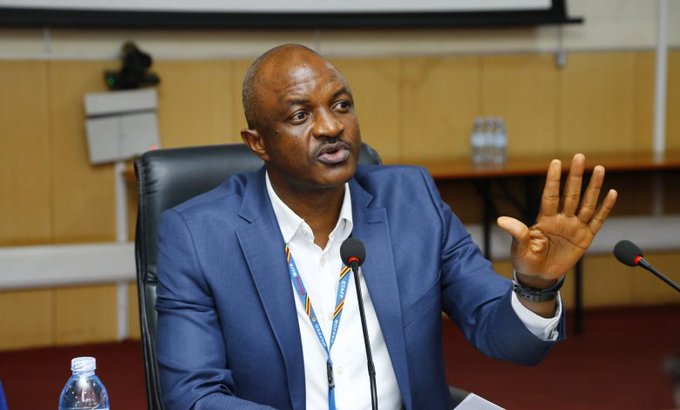Uganda is slated to receive over $2 billion in fresh financing from the World Bank over the next three fiscal years, a development that underscores renewed international confidence in the country’s economic growth and development programs. This major financial injection will significantly support Uganda’s efforts to advance infrastructure, agriculture, social protection, and private sector development.
Key Details of the Funding
The Permanent Secretary to the Treasury and Secretary to the Ministry of Finance, Ramathan Ggoobi, confirmed that the World Bank has committed over $2 billion in concessional funding, bringing Uganda’s total current investment portfolio with the institution to approximately $4.9 billion. This funding package comes after a two-year pause in concessional lending due to Uganda’s prior enactment of a controversial anti-LGBTQ law.
Allocation of Funds by Sector
The fresh World Bank funds will be deployed across multiple critical sectors to stimulate sustainable growth and social development:
| Sector | Focus Areas |
|---|---|
| Infrastructure | Roads and bridges, electricity transmission, regional city development |
| Education & ICT | Building schools, improving IT infrastructure |
| Agriculture & Water | Irrigation projects, export guarantee schemes |
| Social Protection & Skills | Skilling programs, social welfare initiatives |
| Private Sector & Innovation | Patient capital through IFC in minerals, renewable energy, agro-industrialization, science, and innovation |
Economic Context and Growth Projections
The International Monetary Fund has recently ranked Uganda among the world’s fastest-growing economies, with a projected GDP growth rate of 6.3% for fiscal 2025 and an anticipated rise to 7% in 2026. Despite the strong growth trajectory, concerns about rising public debt remain, prompting Uganda to undertake fiscal reforms to improve revenue collection, budget management, and strengthen the financial sector.
The government is also engaged in negotiations for a new Extended Credit Facility with the IMF, aimed at consolidating fiscal stability and supporting macroeconomic reforms to foster growth.
Significance of the Funding
World Bank President Ajay Banga has shifted the institution’s focus, emphasizing job creation and private sector empowerment as vital to long-term development. Uganda’s strategy complements this approach, targeting a tenfold economic growth with private sector-led investment. The International Finance Corporation (IFC), the World Bank’s private sector financing arm, will support this by providing patient capital in key sectors.
The expected commencement of Uganda’s crude oil production around mid-2026 also promises to propel economic growth further, potentially pushing GDP growth into double digits by the 2026/27 fiscal year.
Uganda’s Economic Indicators and Funding Overview
| Indicator | Value/Description |
|---|---|
| World Bank Fresh Funding | Over $2 billion over the next 3 fiscal years |
| Total World Bank Investment | Approximately $4.9 billion |
| GDP Growth Projection 2025 | 6.3% |
| GDP Growth Projection 2026 | 7.0% |
| Key Sector Investments | Infrastructure, education, agriculture, social protection, private sector development |
| IMF Extended Credit Facility | Under negotiation, focused on fiscal reforms |
| Oil Production Start | Expected mid-2026 |
Conclusion
The over $2 billion fresh World Bank funding represents a pivotal opportunity for Uganda to accelerate its development agenda. By investing in infrastructure, social programs, and the private sector, Uganda is positioned to sustain rapid economic growth, create jobs, and improve the welfare of its population. This renewed financial partnership with the World Bank, alongside IMF support, signals global confidence in Uganda’s economic potential amidst ongoing reforms and new resource developments.
This strategic funding and reform environment will enable Uganda to realize its ambitious vision of becoming a richer and more prosperous nation through diversified and sustainable economic growth.

